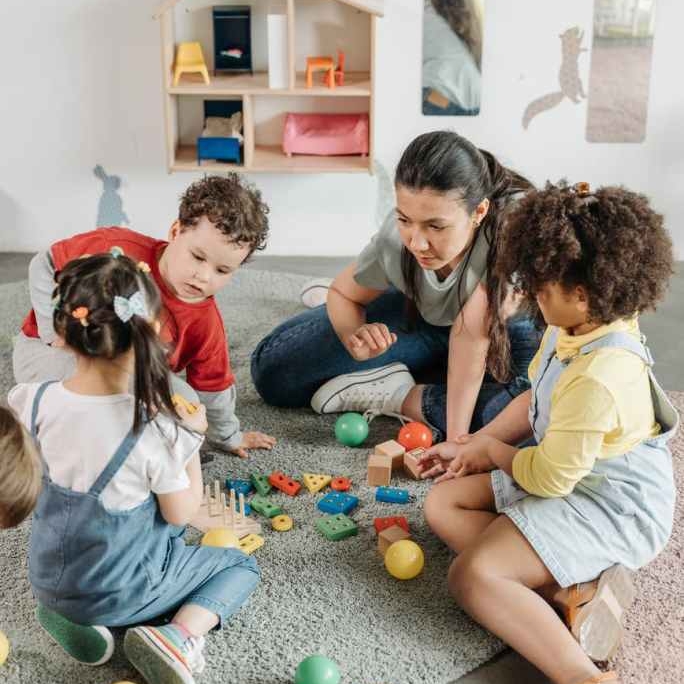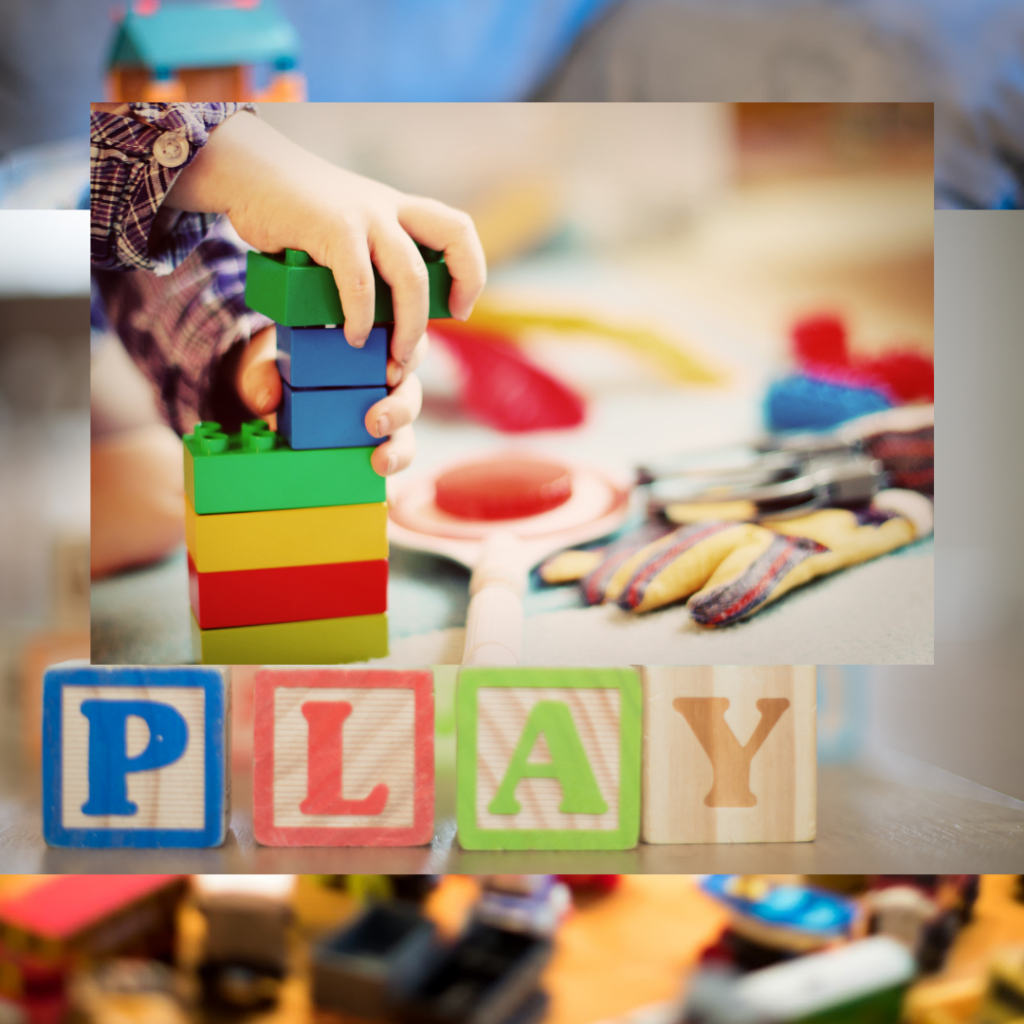Being a parent could take you to different feelings or emotions. Sometimes, they can be sad or happy, they can be stressful and there could be overwhelming moments that accompany them! But to know that these moments will bring you a lot of experiences and little journeys would remind you that you are one of a kind in this world. Those little journeys with your kids are like gems that you would never want to let go of. It’s more than a suitcase of money that you wouldn’t like to spend. It’s more than the career growth that you ever wanted to achieve!

Don’t feel too bad if there might be things that you gave up, there might be adventures that you didn’t join or there might be opportunities that you missed because you’re already a parent. Being a parent is a wonderful thing that can happen to the chosen ones. And you are worthy to be given the chance to be one of them. So, be glad and appreciate that gift.

Sometimes, we don’t recognize that our children might want something from us, this isn’t material things but are things that could make them a whole person.
This list below may be the things that children might want you to know and understand:

1. Love me wholeheartedly, I want to feel it by showing me exactly what it means. Don’t just tell it, don’t just provide things that you think will let me recognize that you love me.

2. Be my role model. I learn a lot from you. I learn how to be good to others by seeing your good examples. I learn how to be genuine by recognizing that you are genuine too. I learn everything that I see in you, so please choose to show me the good things to do.

3. Show me kindness when I’ve done wrong. As I am still in the process of developing myself emotionally and mentally. If I am slow I’m sorry because I am still learning. I want you to know that I am willing to learn if you can patiently teach me. Be kind to me even if you feel like it’s already repeating.

4. Be my home. Promise me that you will always be there no matter what. I appreciate the priceless moments you spend with me. Those are treasures that I would always remember from you until I grow old.

5. Talk with me just like how you would like to talk to the most important person in the universe. Avoid talking to me for the sake of talking or responding to my queries. I would like a genuine conversation with you, that could let me feel that I am worth your time.

6. Listen to me, I know that I talk and asked countless questions, I give comments and suggestions that are sometimes annoying to you. But can you please listen to me without scolding or judging me?

7. Be proud of me, I may be that child who can only do things with simplicity. I may be that child who can’t excel enough, or I may be that child who can’t exceed your expectations, and if that is so? Please be mindful that children develop at their own pace and at their own time. I want you to accept me, and avoid comparing me to other kids, especially to my sibling/s.

8. Allow me to explore the world. Let me play outside, let me make simple decisions that aren’t harmful to me. By making decisions for myself. You are teaching me the independence that I needed. So that when I grow old I wouldn’t be that independent of anyone. Allow me but guide me, encourage me as this could take my confidence high enough to do the things that I should be doing as a child.

9. As much as possible, give me foods that are nutritious and can make me healthy. Provide clothes that I can wear to comfort me. Give me shelter that can make me safe. Give me the education I needed to improve my knowledge. Cook my favorite dish. Take me to groceries so I can choose the foods that I want. Let’s eat at your favorite food stall or restaurant! That could be a great bonding with you, isn’t it?

10. Teach me how to pray. I May not yet understand my purpose of being here on Earth, but I want to slowly understand it. Teach me values that could help me to develop my full potential.
A verse to remember:
Proverbs 22:6
Train up a child in the way he should go, and when he is old he will not depart from it.
Our children deserve our attention and understanding. Hopefully, this list could help you clarify your importance as a parent to your children. There might be challenges that you’ll be going through, but one thing is for sure, you’re on a fulfilling journey. Enjoy the days that your children are under your roof!













